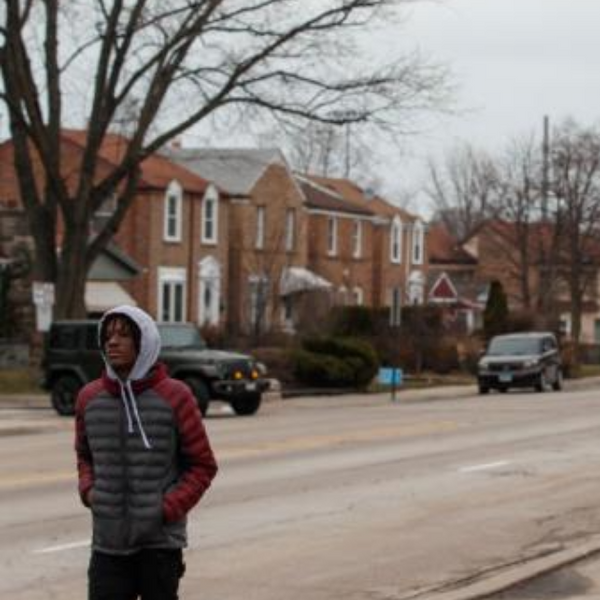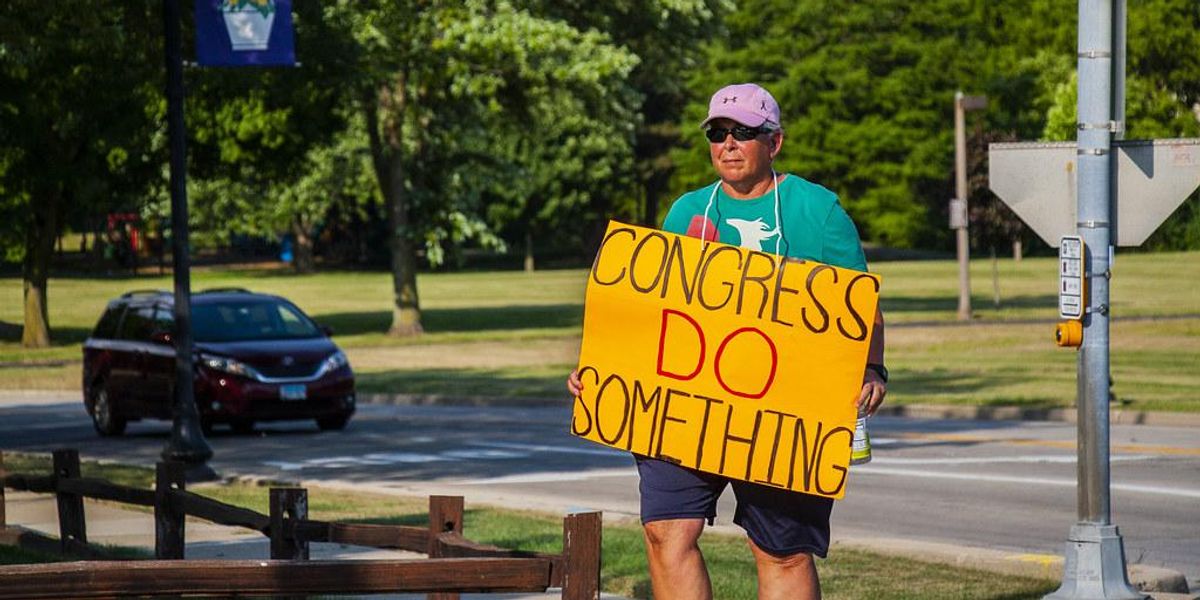
Centuries of history and decades of scholarly research have left no doubt that the legacy of slavery, post-slavery economics, Jim Crow laws, redlining, discriminatory lending, and other anti-Black policies have made it unfairly difficult for Black Americans to accumulate wealth. In 2016, the net worth of a typical white family was $171,000, while that of a Black family was $17,150—a staggering disparity that illustrates the impact of generational wealth.
Put plainly, money makes money, and racist policies have directly kept money out of the hands of Black Americans for generations. (Not to mention the wealth that was literally taken from Black people’s labor and placed in the pockets of white enslavers for generations.) That’s the impetus behind the idea of reparations—that the damage done by actively denying people economic opportunity due to the color of their skin be repaired financially.
Whenever the topic of reparations comes up, there are naturally questions about who, how, how much, and why. As Trevor Noah pointed out, that’s mainly a conversation for Black Americans to have with the U.S. government. But one municipality has come up with a form of reparations for local residents that answers those questions directly.
Evanston, Illinois has become the first city in the nation to pay reparations to some of its Black residents for its historical discriminatory housing policies. In a vote of 8 to 1, the city council voted to approve distributing the first $400,000 to qualified residents, giving individual households up to $25,000 to be used for home repairs or down payments on property.
To qualify, a resident must have lived in Evanston or been a direct descendant of a Black person who lived in Evanston between 1919 and 1969, and must have been impacted by housing discrimination due to city ordinances, policies or practices. The city banned housing discrimination in 1969, but a 77-page historical report, “Evanston Policies and Practices Directly Affecting the African American Community, 1900 – 1960 (and Present)” details the segregationist practices in housing, employment, education and policing before that.
“While the policies, practices, and patterns may have evolved over the course of these generations, their impact was cumulative and permanent,” the report authors wrote. “They were the means by which legacies were limited and denied.”
The $400,000 being allocated now to 16 families is just the beginning, as the Chicago suburb has plans to distribute $10 million over the next 10 years. Funding for the program is coming from donations and from a 3% tax on recreational marijuana, which became legal in Illinois in 2020.
However, not everyone is thrilled with this form of reparation, even among Evanston’s Black residents.
The one council member who voted against the program, Alderwoman Cicely Fleming, told Fox 32 Chicago that she fully supports reparations but feels this housing plan isn’t what reparations should be. Rather than putting money in people’s pockets and letting them choose how to use it, these grants will go straight to the banks and lenders and contractors. So while she appreciates that it’s a first step in the right direction, she feels that telling Black residents they have to spend reparations money a certain way isn’t in the spirit of what reparations is meant to do.
Others are concerned that the precedent set by Evanston could impact broader reparations programs, and even impede progress on implementation at the federal level. If local anti-discriminatory housing programs are considered formal reparations, what does that mean for the big picture of less restrictive monetary reparations nationwide? Some also point out that this program will likely subject Black people to credit checks and government loans, which ironically may limit their ability to utilize the program that’s supposed to help the economically disadvantaged.
While Evanston is the first city to formally implement this kind of reparations program, many other municipalities including Amherst, Massachusetts; Providence, Rhode Island; Asheville, North Carolina; and Iowa City, Iowa are making similar considerations. In addition, the state of California passed a bill creating a task force to explore what reparations could look like at the state level, and President Biden has expressed support for creating a federal commission to study reparations for Black Americans across the nation. Individual institutions, such as religious denominations and universities, have also taken steps to recompense Black Americans for the impact of their racist histories.
Reparations is a simple concept that is certainly complex to implement, but a formal move toward repairing our nation’s historic racist damage is long overdue. We can’t undo what’s already been done, but we can at least try to make the present and future more equitable by addressing and redressing the lingering effects of the past. Whether Evanston’s program is the best way to go about it is unclear, but it’s at the very least a step in the right direction.











